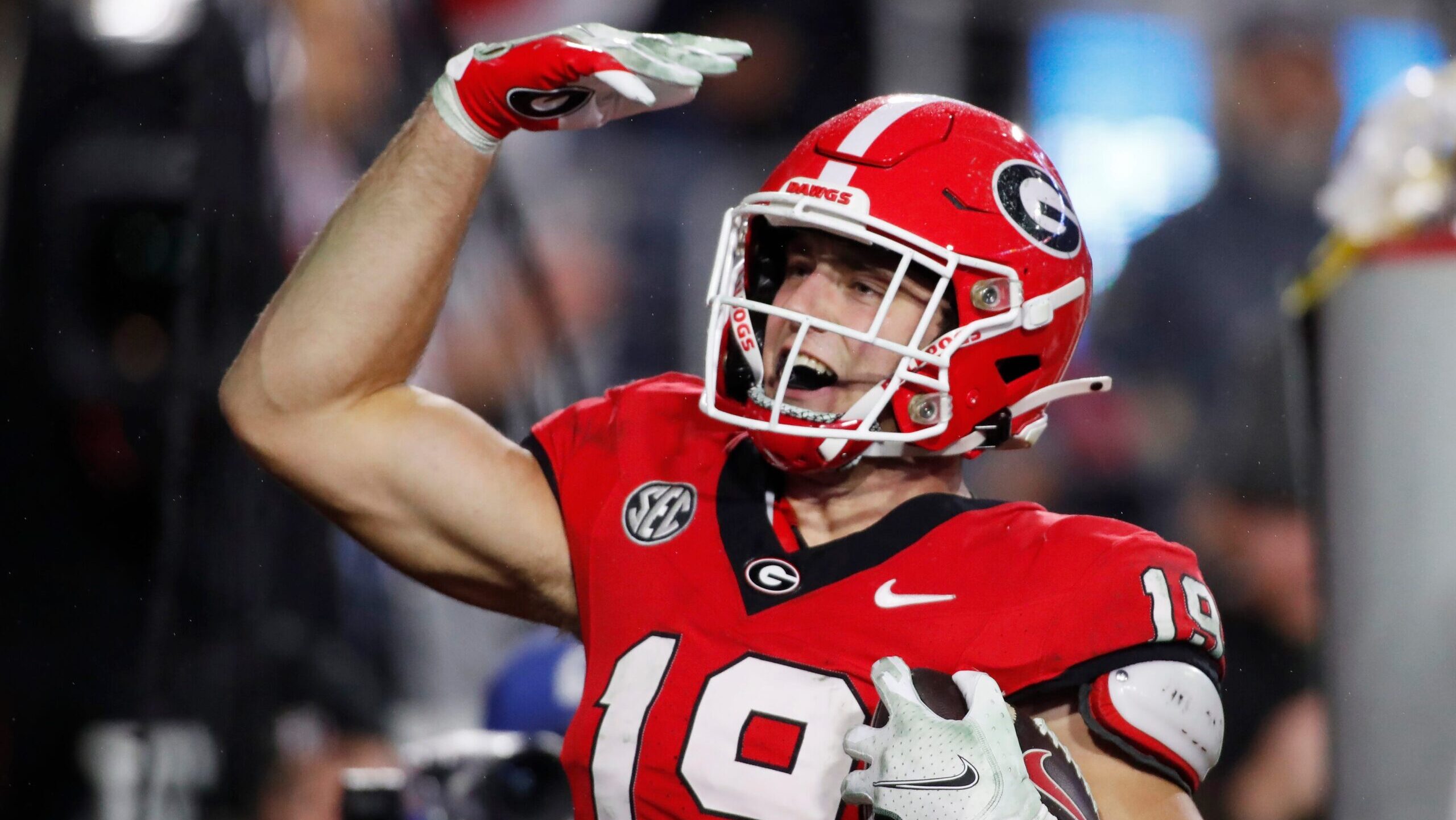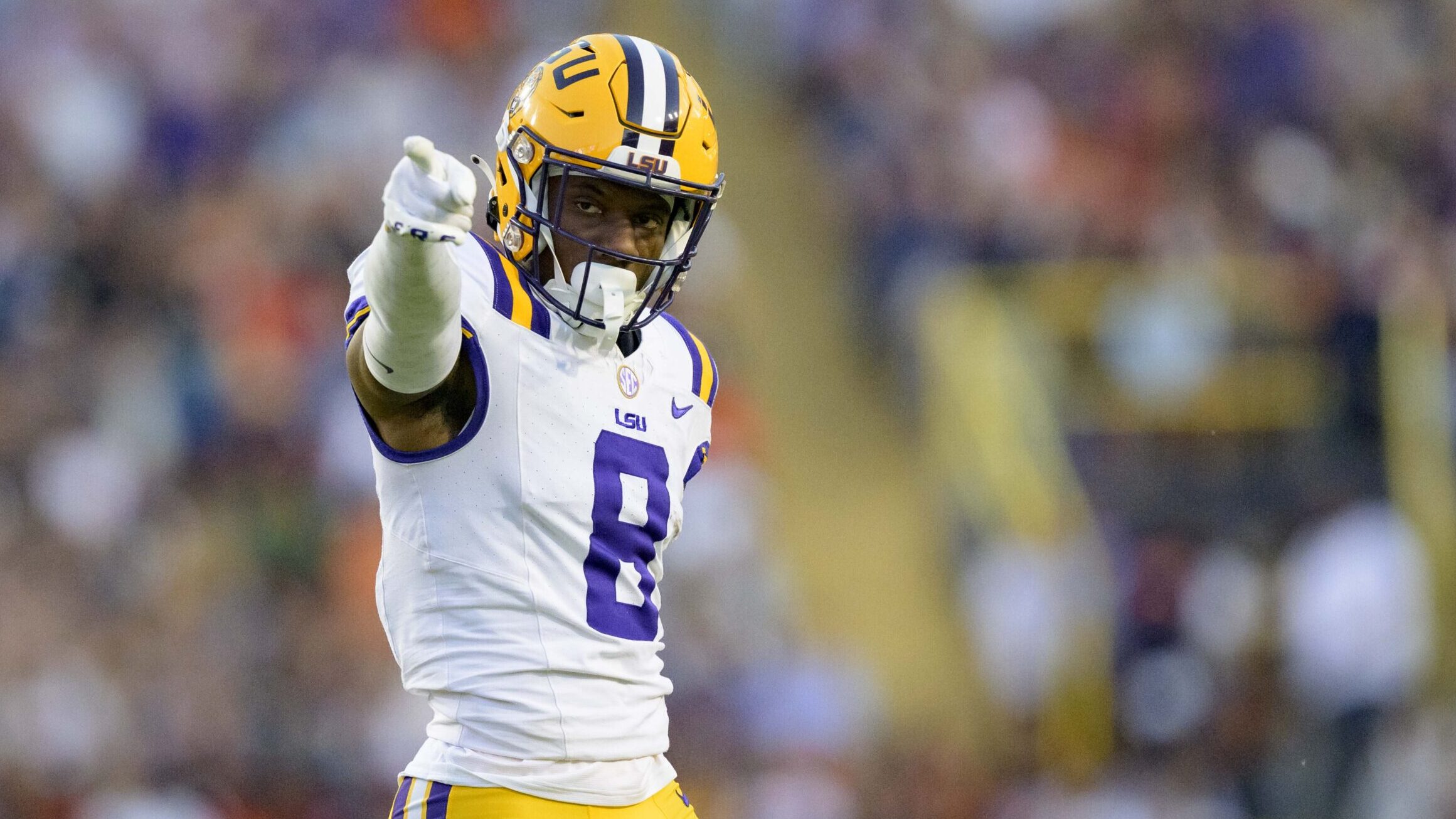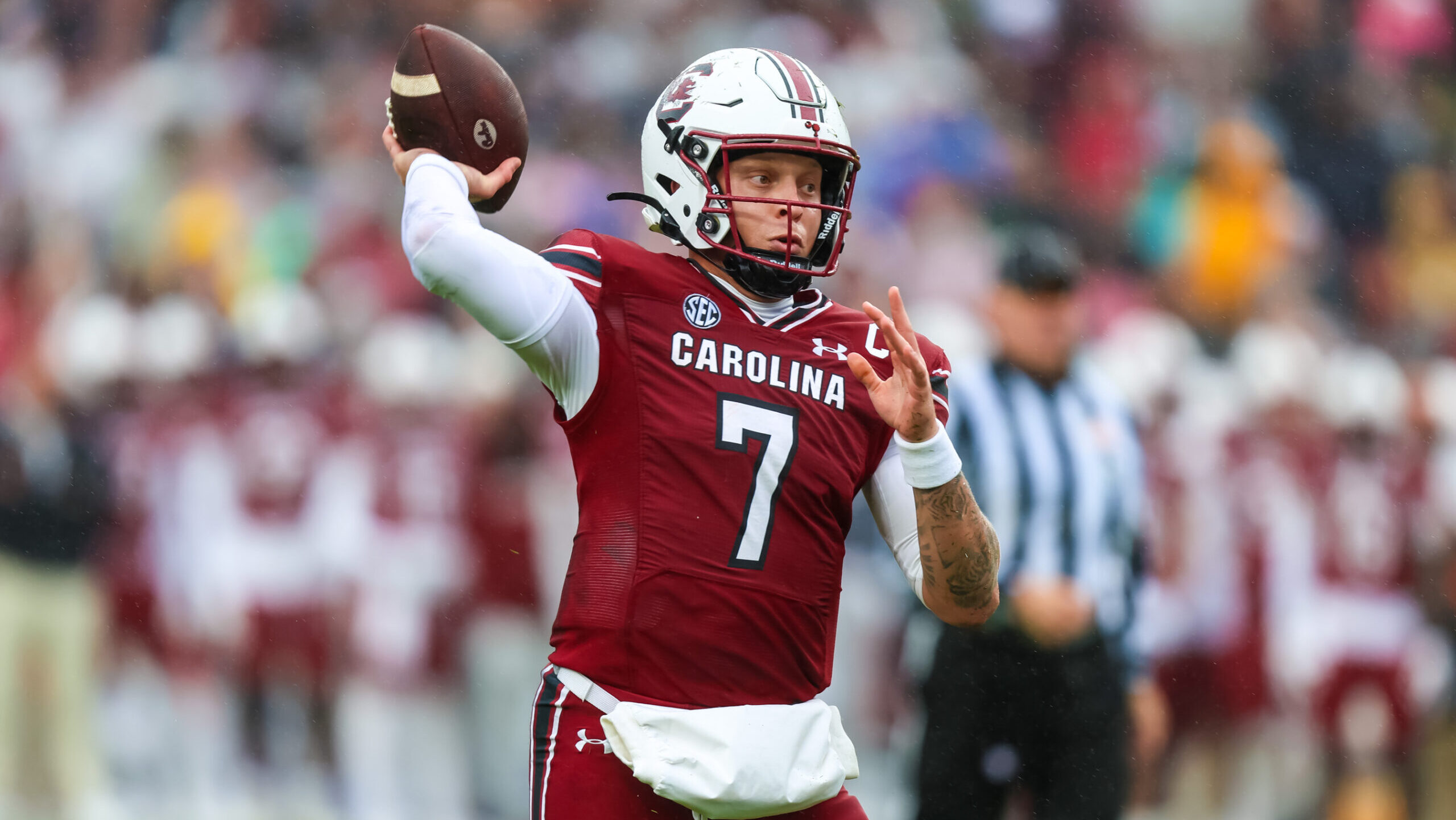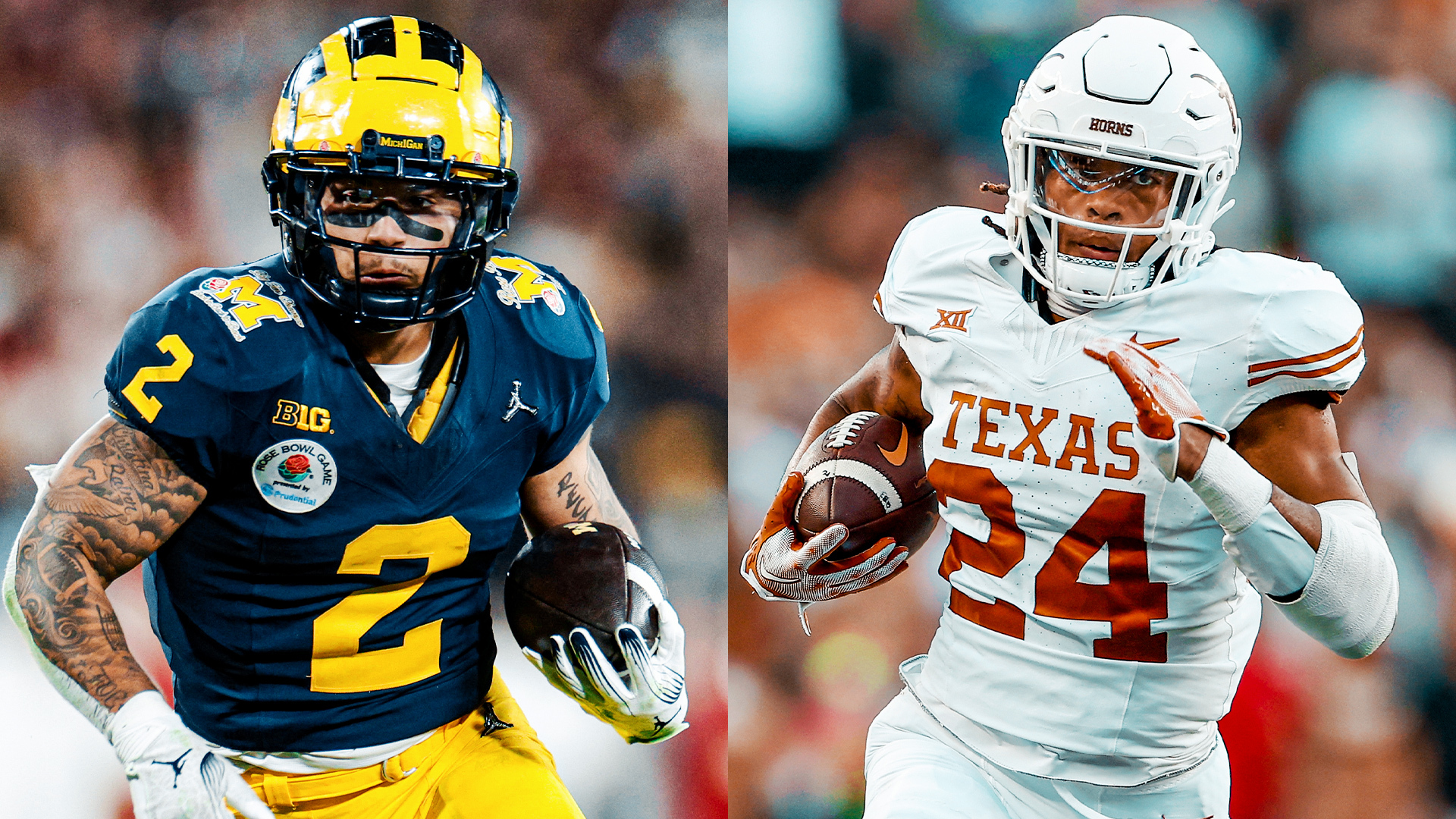Analysis
9/9/21
7 min read
Jim Mora on How to Defend Rookie Quarterbacks
Jim Mora has coached in the NFL for 35 years, including head coaching stints with the Falcons and Seahawks. Since defense is Mora’s specialty, the 33rd Team asked him how he would game plan against a rookie quarterback, something three teams will be doing in Week 1:
Three rookie quarterbacks will make their NFL starting debuts this weekend: the Jaguars’ Trevor Lawrence at Houston, the Jets’ Zach Wilson at Carolina, and the Patriots’ Mac Jones at home vs. Miami.
So let’s talk about defending a rookie quarterback – or if you want to put it another way, attacking a rookie quarterback.
In my career as a coordinator and head coach, I’ve faced several rookie quarterbacks. I was the DB coach with the 49ers when we faced Peyton Manning as a rookie in 1998. Manning did play pretty well against us. That said, we picked him off twice and won the game.
Facing a rookie QB is always a little more challenging than people think. It’s never that easy.
There’s not a lot of data to go off of, but it’s important to study the preseason film: What does he do well, what doesn’t he do well? What is he comfortable doing, what is he not comfortable doing? So you can start to predict how they’re going to put a game plan together for him. The offensive coordinator and head coach are going to want to put him in a position to have as much success and as little failure as possible – and take pressure off of him.
From a defensive standpoint, you want to keep the pressure on. Here are four ways to do that:
1) Stop the run
You have to make a firm commitment to stopping the run early, so you can get this guy into some third-and-long situations. If a team has success against you running the football, that opens up play-action, and the play-action game is a comfortable place for a young quarterback to be. Typically, the protection is pretty solid. You can get linebackers sucked up out of their zones, opening up the middle of the field, where it’s easy to see receivers and be accurate. So stopping the run in my opinion takes a little pressure off the defense in terms of defending play-action. And it gets you into positions defensively on third down where you have an advantage.
2) Create discomfort
For these rookie QBs, I don’t know in each case whether it’s the quarterback or the center making the protection calls -- but it’s important to make the communication between the quarterback and center as difficult as you can, so there’s some uncertainty when the ball is snapped.
That means moving the front a little bit, moving the Mike linebacker a little bit -- presenting some different looks. Make sure the quarterback and the center and the back and the line -- all those responsible for protection – are not on the same page.
You do this by disguising your coverage. You can disguise in two different ways. You can show a consistent look and then move from that, or you can be just all over the board and snap into the coverage at the end. But the important thing is that you do not want the quarterback, especially a young quarterback, to know what coverage you’re playing before the ball is snapped.
If he can tell pre-snap, and know where to go for a completion, that’s too simple. But if the ball’s already in his hands when he has to go through that process, that makes it a lot more difficult on that quarterback. That means playing with his eyes a little bit. Showing him some things that aren’t there. Letting him think something’s available to him as he goes through his progessions and reads, then making sure that it’s not as he gets the ball in his hands. I think that’s how you force some errors.
3) Bring the pressure
The process of running some fire zones, third-down rush zones – there are many names for this – is good. Bring in guys he’s not expecting to rush and drop guys that he’s not expecting to drop into zones that he doesn’t think are going to be covered.
Sometimes when you pressure in man, you can define things pretty quickly for a quarterback. He sees a 5 or 6 pressure, he knows he’s got a single-safety middle or an empty middle. He knows he’s got one-on-ones on the outside and he can pull the trigger -- unless you’re getting there right now.
Sometimes when you play some fire zones on him, and he’s got to determine if a guy’s hot, a guy looks open and all of a sudden a defensive lineman pops into that zone – you’re just playing tricks with him. That can be very effective. I’m not saying that man pressure is not effective. It just needs to get there. Sometimes the zone pressure can be more effective because it’s creating more indecision for the quarterback.
If you can get there with four and play coverage, certainly that’s going to be to your advantage. If you’re not having success getting there with four and he’s able to stand back there in the pocket, then that’s an advantage for him. So I think you’ve got to create some pressure if you can’t rush with four.
4) Keep him in the pocket
Get him into situations where he’s going to have to play quarterback and make throws from the pocket. A lot of these guys can get a little more comfortable when they move out of the pocket and buy some time. The play breaks down and someone gets open late. You have to force a young quarterback to stay in the pocket and really play quarterback from the pocket. I think that’s a little more difficult for them.
So that’s the configuration of your rush – and that goes back to how you study the guy. Take Zach Wilson. He has the ability to get out of the pocket and be creative out of the pocket. And you don’t want to let that happen. You want to keep him in the pocket, condense the pocket on him, so you’re controlling things more so than them controlling things if they’re out on the edge.
5) Don’t get cute
Finally, my message to the defensive players would be, “Let’s not get cute.”
We can do some things to try to confuse the kid, but let’s remember that the most important thing we can do is execute our assignments on every single play. Don’t take unnecessary chances – that will give a young quarterback momentum. That doesn’t mean don’t take chances – because you’ve got to take chances in a football game. But let’s make sure we’re not walking into this game thinking, “We’ve got a rookie quarterback, this is going to be easy.” Let’s still make sure we’re paying attention to our responsibilities on every snap.
Take care of us, and we’ll take care of him.





